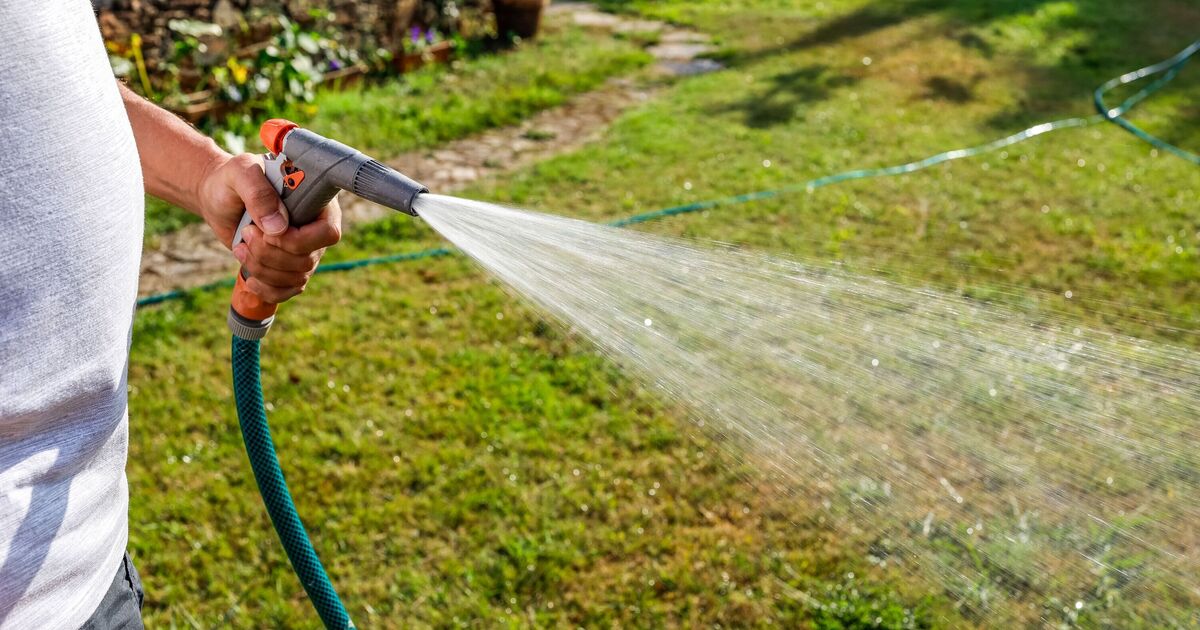Here, Chris Bonnett, founder of GardeningExpress, advises gardeners on how to take care of their outdoor space in the changing weather.
This summer has brought some unpredictable weather conditions, from temperatures as high as 34°C to rainy thunderstorms. The constant changing weather conditions can cause havoc on our gardens and make it harder to take care of them.
Unpredictable weather can also impact plant growth, bring watering challenges, create issues with soil and make plants more susceptible to pest and disease outbreaks.
Certain features in a garden can help it cope with changing weather more than others, for example, raised beds are great for drainage. Even if you don’t have these features there are many things you can do to protect your plants.
It’s really important for gardeners to monitor their local weather often and adjust their gardening schedule accordingly to help maintain healthy plants and lawn. This will help you decide when plants need watering or moving into the shade.
Using mulch and improving soil health is something I would encourage all gardeners to be doing as both are things that will be beneficial to your plants through droughts and rain.
How to take care of your garden during unpredictable weather:
Monitor the weather
To give your garden the best care possible, keep an eye on your local weather forecast daily. This will help you to anticipate any changes in weather and take preventative measures such as moving plants into shade.
Adjust your watering schedule
The mix of sunny spells and showers may mean adjusting your watering schedule often. During prolonged dry spells water the lawn and plants deeply and less frequently. It can be easy to over water plants during dry spells so be sure to check the soil moisture before doing so. Place your finger around one to two inches in the soil, if it’s dry then proceed to water.
Have a good drainage system in place
To be prepared for heavy downfalls you’ll need to have a good drainage system in place. Raised beds are great for drainage but if you do not have these you can prop up plant pots on legs instead.
Use mulch
Mulch is great for protecting plants and soil in extreme heat by providing the soil with an insulating layer and protecting it from the harsh sun. Mulching can also be done after rainfall, just ensure the soil is not waterlogged first as this can trap excess moisture.
Work on improving soil health
Improving soil health will help make your plants more resilient in droughts and rainy conditions. Regularly add organic matter such as compost to improve the soil and help with water retention and drainage.












